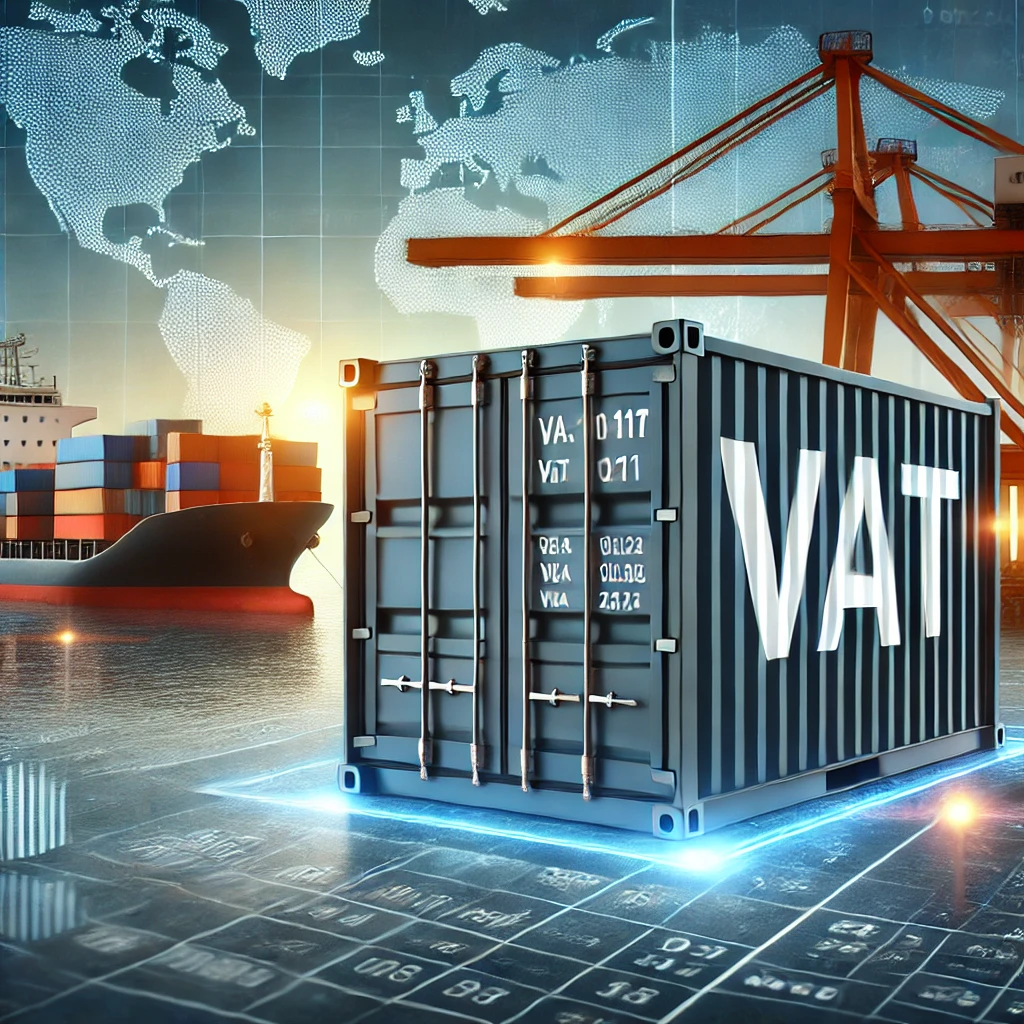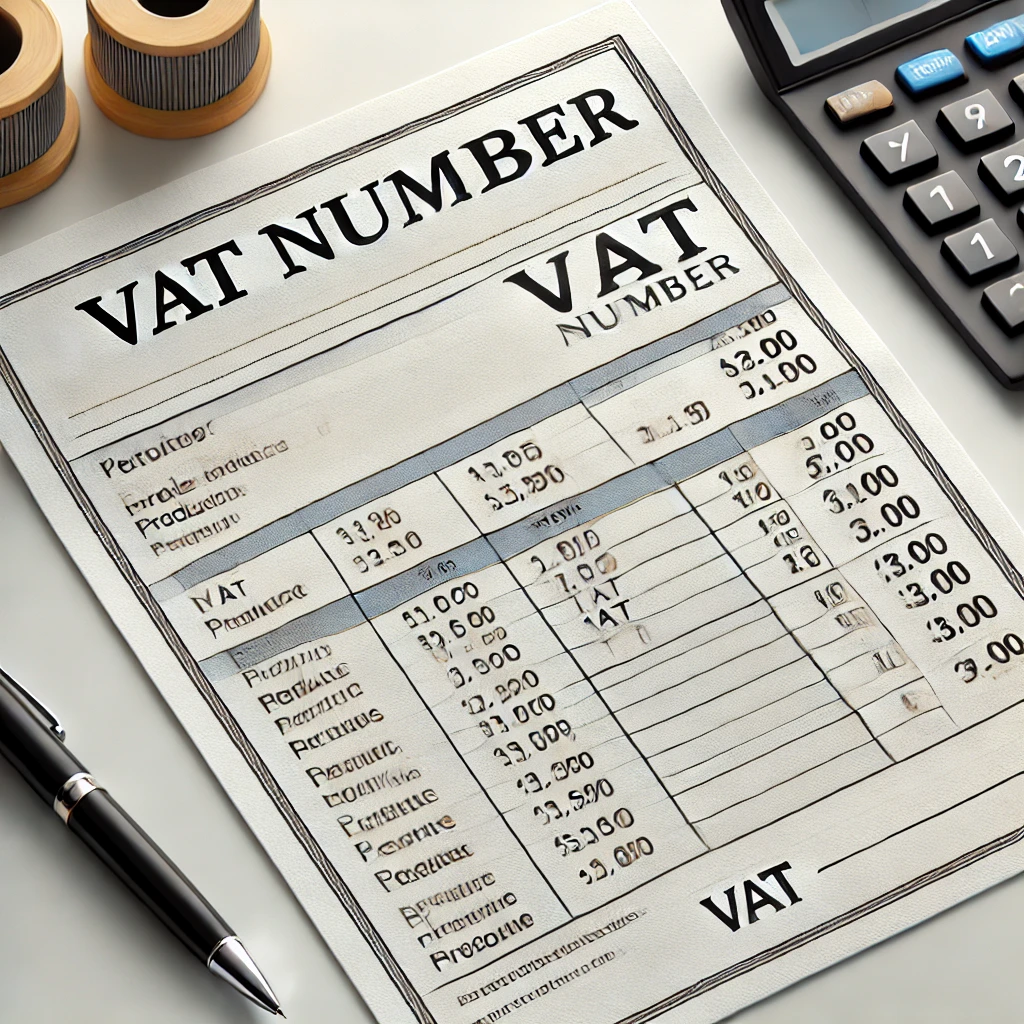An In-Depth Guide to What's a VAT Number

Whats a VAT Number?
A VAT number is a unique identification code assigned by tax authorities to businesses that are registered for VAT. This number enables businesses to legally charge VAT on goods and services, file VAT returns, and reclaim VAT on eligible business expenses. The format and structure of a VAT number vary depending on the country but typically include a combination of letters and numbers, such as “GB123456789” for the United Kingdom or “DE123456789” for Germany.
Key Features of a VAT Number
- Unique Identifier: Each VAT number is exclusive to the registered business or individual, ensuring accurate tracking of tax transactions.
- Country-Specific Prefixes: VAT numbers include a prefix that indicates the country of registration, such as “FR” for France or “IT” for Italy.
- Mandatory Registration: Businesses exceeding the VAT registration threshold in their country are required to register and obtain a VAT number.
- International Validation: VAT numbers can be validated through databases like the European Commission’s VIES (VAT Information Exchange System) for cross-border transactions within the EU.

Practical Uses of a VAT Number
- Charging and Collecting VAT: A VAT number whats a vat number businesses to charge VAT on their products and services and remit the collected tax to the government.
- Reclaiming VAT: Registered businesses can reclaim VAT paid on eligible expenses, reducing their overall tax liability.
- Cross-Border Transactions: In international trade, VAT numbers are essential for determining the tax treatment of transactions, particularly within the European Union.
- Invoicing Requirements: VAT numbers must appear on invoices issued by VAT-registered businesses to ensure transparency and compliance with tax regulations.
Importance of a VAT Number for Businesses
- Legal Compliance: Obtaining and using a VAT number ensures adherence to tax laws and prevents penalties or fines.
- Professional Credibility: Displaying a VAT number on invoices and business documents adds credibility and professionalism.
- Tax Optimization: Businesses can optimize their tax position by reclaiming VAT on eligible expenses and avoiding double taxation.
- Facilitating Trade: VAT numbers simplify cross-border trade by providing a standardized method for tax compliance.

How to Obtain a VAT Number
- Determine Eligibility: Check if whats a vat number your business meets the VAT registration threshold in your country.
- Prepare Necessary Documentation: Gather documents such as your business registration certificate, tax ID, and proof of address.
- Submit an Application: Apply for a VAT number through the relevant tax authority in your country, often via an online portal.
- Receive Confirmation: Once approved, your VAT number will be issued, allowing you to operate as a VAT-registered entity.
Common Misconceptions About VAT Numbers
- Not All Businesses Need a VAT Number: Small businesses below the VAT threshold may not need to register unless they engage in cross-border transactions.
- VAT Numbers Are Not Universal: Each country issues its own VAT numbers, and they are valid only within their jurisdiction.
- Personal Tax ID vs. VAT Number: A VAT number is separate from a personal tax identification number and is specific to business activities.

Challenges in VAT Number Management
- Complex Regulations: VAT rules vary by country, making compliance challenging for businesses operating internationally.
- Validation Issues: Errors in VAT number validation can lead to delays in cross-border transactions.
- Administrative Burden: Managing VAT numbers and filing returns requires time and resources.
Conclusion
A VAT number is a fundamental aspect of modern business operations, particularly for entities involved in international trade or providing taxable goods and services. By understanding what a VAT number is and how to use it effectively, businesses can ensure compliance, optimize tax positions, and enhance their credibility. Whether you are a small business owner or part of a large corporation, having a clear grasp of VAT numbers is essential for navigating today’s global economy.
